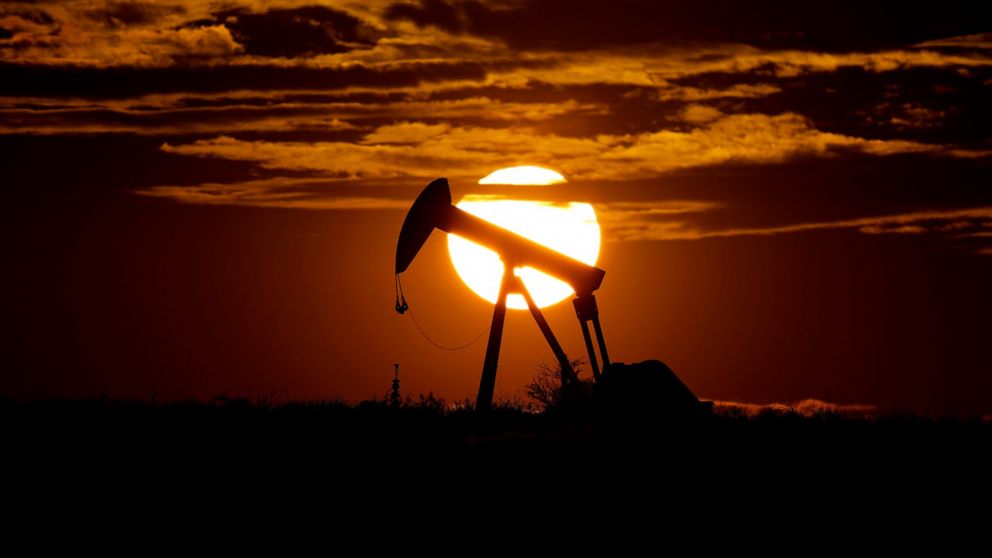The cautious approach from the OPEC+ alliance — which includes non-member Russia — will exacerbate a global energy crunch, with prices expected to rise further for oil and the gasoline, diesel and aviation fuel made from it.
At an online meeting, OPEC+ stuck with its road map to gradually open the oil taps, agreeing to add 432,000 barrels per day in June.
Still, analysts from Rystad Energy foresee the global market potentially losing up to 2 million barrels within six months if the 27 European Union countries approve a proposal to sanction Russian oil.
Russia is the world’s largest oil exporter with some 12% of global supply, and fears its oil and natural gas could be cut off have kept energy prices high.
If the EU carries through on its plans to phase out crude imports in six months, Russia could try to sell those barrels to countries in Asia that are not participating in the boycott.
While some oil could be redirected by sea, that will depend on the availability of oil tankers willing to deal with Russian crude, given the risk of sanctions.
Drivers in Europe, where taxes make up a larger proportion of the price at the pump, are paying more, too.
